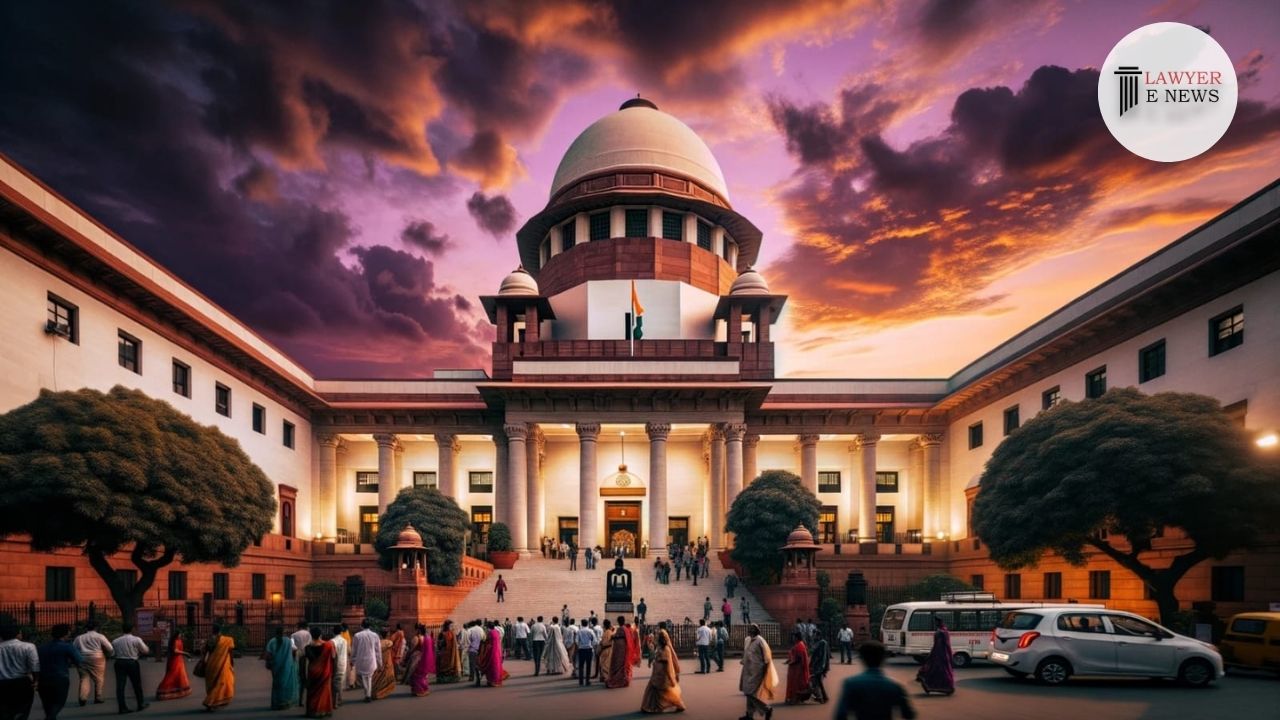-
by Admin
15 February 2026 5:35 AM



On 24 April 2023 , In a recent judgement MAGHAVENDRA PRATAP Vs. STATE , the Supreme Court acquitted the accused who was sentenced to life imprisonment for the murder of his cousin. The Court held that the prosecution failed to prove the guilt of the accused beyond a reasonable doubt, and criticized the investigation conducted by the police.
The case, Maghavendra Pratap Singh @ Pankaj Singh v. State of Chhattisgarh, arose from an appeal against the judgment dated January 14, 2016, passed by the High Court of Chhattisgarh at Bilaspur in Criminal Appeal No. 468 of 2013. The High Court had upheld the conviction of the accused under Section 302 of the Indian Penal Code (IPC), for the murder of his wife.
The prosecution's case was based on circumstantial evidence, with the prosecution claiming that the accused had a motive to kill his wife, and that he was the last person to be seen with her before her death. The trial court, after considering the evidence, had acquitted the accused of all charges. However, on appeal, the High Court reversed the acquittal and convicted the accused under Section 302 of the IPC.
The Supreme Court allowed the appeal filed by the accused and set aside the conviction. The Court criticized the investigation conducted by the police, and held that the prosecution failed to prove the guilt of the accused beyond a reasonable doubt. The Court noted several infirmities in the investigation, such as the failure to conduct a proper site inspection and the lack of credibility of the key witness.
The Court also emphasized the importance of a fair and impartial investigation, and held that the investigating officer had not met his obligations. The Court relied on several earlier decisions to underscore the principles governing criminal investigations, and held that the investigation should be free from any objectionable features or infirmities which may legitimately lead to a grievance from either of the parties.
The Court further held that in a case involving circumstantial evidence, the guilt of the accused must be established beyond a reasonable doubt, and that all the evidence must conclusively point towards the guilt of the accused.
The Supreme Court referred to several earlier decisions, including Pooja Pal v. Union of India (2016) 3 SCC 135, Bhagwant Singh v. Commission of Police (1983) 3 SCC 344, and Mohd. Imran Khan v. State (Govt. of NCT of Delhi), (2011) 10 SCC 192, to underscore the principles governing criminal investigations.
The Court concluded that the High Court had erred in holding the prosecution to have established the case, and allowed the appeal. The accused was directed to be set at liberty forthwith.
MAGHAVENDRA PRATAP Vs. STATE
